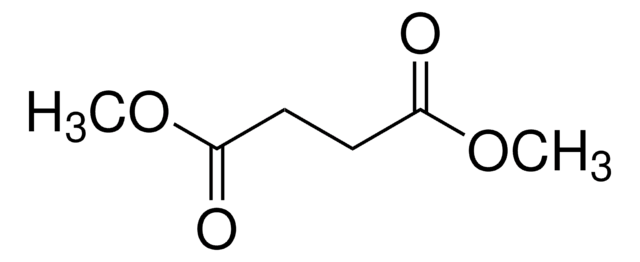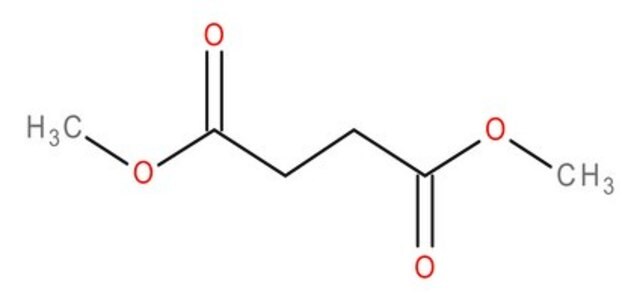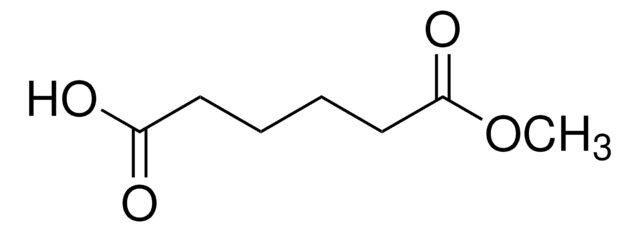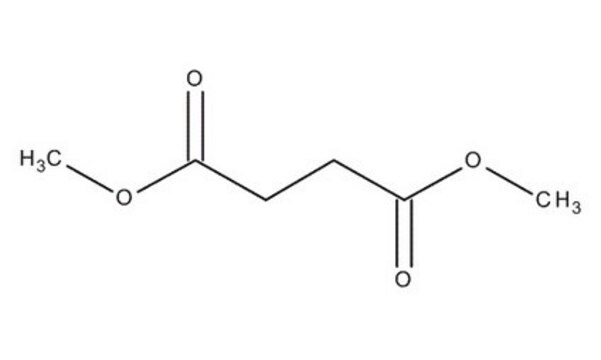857231P
Avanti
C18:1 Cyclic LPA
1-O-(9Z-octadecenyl)-sn-glycero-2,3-cyclic-phosphate (ammonium salt), powder
Synonym(s):
1-O-octadecenyl-sn-glycero-2,3-cyclic-phosphate (ammonium salt); AGP 18:1
About This Item
Recommended Products
Assay
>99% (TLC)
form
powder
packaging
pkg of 1 × 1 mg (857231P-1mg)
manufacturer/tradename
Avanti Research™ - A Croda Brand 857231P
lipid type
cardiolipins
phospholipids
shipped in
dry ice
storage temp.
−20°C
SMILES string
CCCCCCCC/C=C\CCCCCCCCOC[C@@H]1COP(O1)([O-])=O.[NH4+]
InChI
1S/C21H41O5P.H3N/c1-2-3-4-5-6-7-8-9-10-11-12-13-14-15-16-17-18-24-19-21-20-25-27(22,23)26-21;/h9-10,21H,2-8,11-20H2,1H3,(H,22,23);1H3/b10-9-;/t21-;/m1./s1
General description
Interestingly, many of these cellular responses caused by cPA oppose those of LPA despite the activation of apparently overlapping receptor populations.
Packaging
Legal Information
Storage Class Code
11 - Combustible Solids
WGK
WGK 3
Choose from one of the most recent versions:
Certificates of Analysis (COA)
Sorry, we don't have COAs for this product available online at this time.
If you need assistance, please contact Customer Support.
Already Own This Product?
Find documentation for the products that you have recently purchased in the Document Library.
Our team of scientists has experience in all areas of research including Life Science, Material Science, Chemical Synthesis, Chromatography, Analytical and many others.
Contact Technical Service







